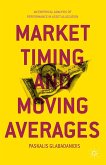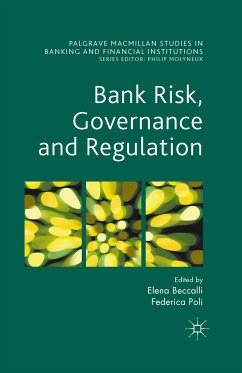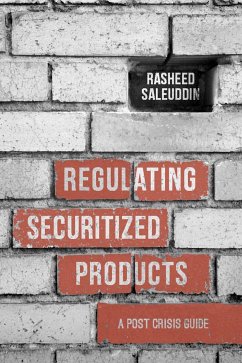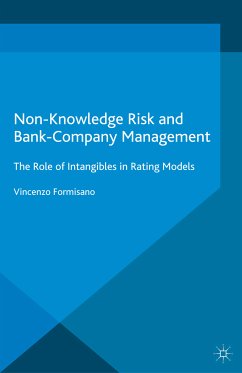The solution to the uninhibited lending that was commonplace before the financial crisis has been to introduce tighter regulation to ensure robustness within banks. However, this solution has overlooked the underlying problem of ethical failure in the industry. In the wake of numerous bank collapses, many survivors continue in unprincipled conduct because ethical virtues have not been instilled. This book investigates the ethical basis of banking practice. It explores the conflict between the interests of banks and their customers, and how this conflict plays out in relation to the lending policies and fee structures of banks. Where such lending policies have a significant effect on banks, their customers and a range of stakeholders, the author investigates the views of leading bankers on their lending practices. The author then goes on to debate the events of the global financial crisis from a moral perspective, and argues that ethical failure triggered the American sub-prime calamities which have devastated homeowners and the global economy. The book argues that American banks and regulators both operated on the erroneous supposition that the quest after extreme profits would be restrained by free market forces. Where banks have a central role and importance in all commerce and hence in all societies, the author concludes by revealing a set of virtues that are necessary for banks to espouse moral conduct. He suggests that these virtues can be embedded through leadership and cultural change, with the aim of developing an account of the virtues appropriate to bankers and banking.
Dieser Download kann aus rechtlichen Gründen nur mit Rechnungsadresse in A, B, BG, CY, CZ, D, DK, EW, E, FIN, F, GR, HR, H, IRL, I, LT, L, LR, M, NL, PL, P, R, S, SLO, SK ausgeliefert werden.









